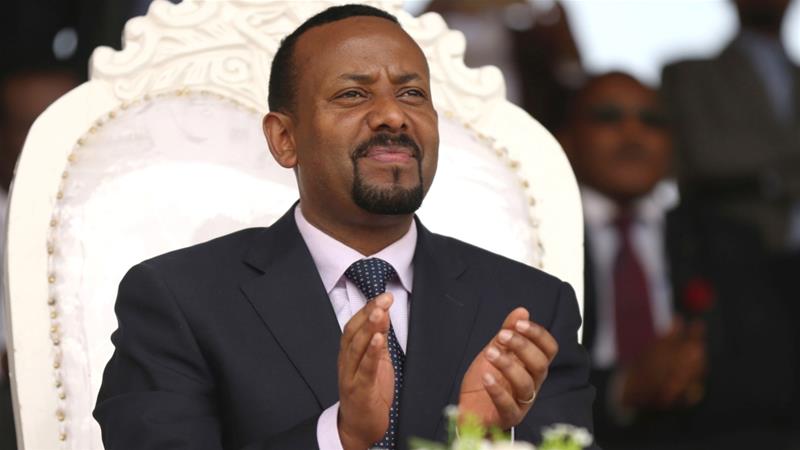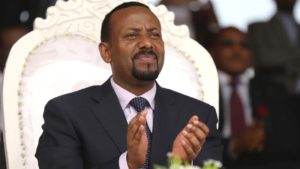Ethiopia signs deal with Oromo rebels to end hostilities


BY ![]()
Ethiopia’s government has signed an agreement to end hostilities with the Oromo Liberation Front (OLF), which it had previously labelled a “terrorist movement”.
The deal signed in the Eritrean capital, Asmara, on Tuesday appeared to be another step by Ethiopian Prime Minister Abiy Ahmed to improve security and diplomatic relations, reform institutions and open parts of the state-controlled economy.
Since the 1970s, the rebels have fought a low-level battle for self-determination for the Oromia region, which is Ethiopia’s largest and home to the Oromo ethnic group.
The OLF was initially part of a transitional government set up in 1991 by rebels from a coalition, which had driven former military ruler Mengistu Haile Mariam from power, but they soon fell out with the coalition.
“The agreement further states that … the OLF will conduct its political activities in Ethiopia through peaceful means,” he said on Twitter.The government has now signed a reconciliation agreement to end hostilities with the OLF’s exiled leader, Dawud Ibsa, who lives in exile in Asmara, the capital of neighbouring Eritrea, said Eritrea’s Information Minister Yemane Gebremeskel.
The group declared a unilateral ceasefire last month after parliament removed it from a list of banned terrorist groups that it had been part of since 2008.
Al Jazeera’s Mohammed Adow reporting from neighbouring Djibouti said that the agreement is a “huge boost for Prime Minister Abiy Ahmed”.
“Prime Minister Abiy himself is an Oromo and having a rebel group from his own community fighting his government would have been a huge setback for the raft of reforms that he has initiated in the country,” Adow said, adding there are additional reasons why the OLF signed the agreement, ending hostilities with the state.
“They were getting most of their support from the Eritrean government and now that the Eritrean government has normalised relations with the Ethiopian government, that support was not forthcoming,” Adow said.
Abiy took office in April and his reforms have included extending an olive branch to dissidents overseas.
He has also acknowledged abuses by security services and ended a military stalemate with Eritrea that followed a 1998-2000 border war in which 80,000 people are thought to have died.